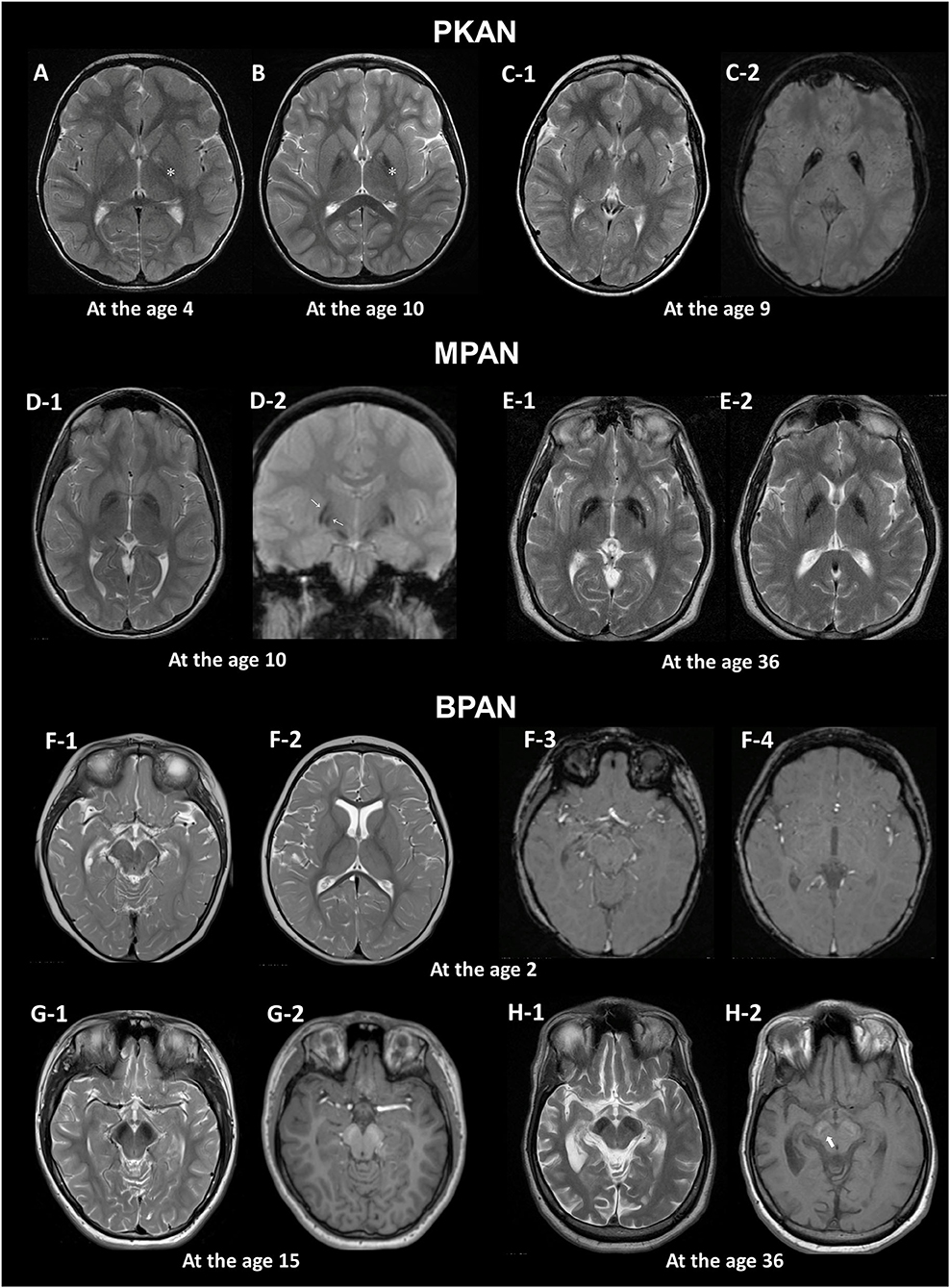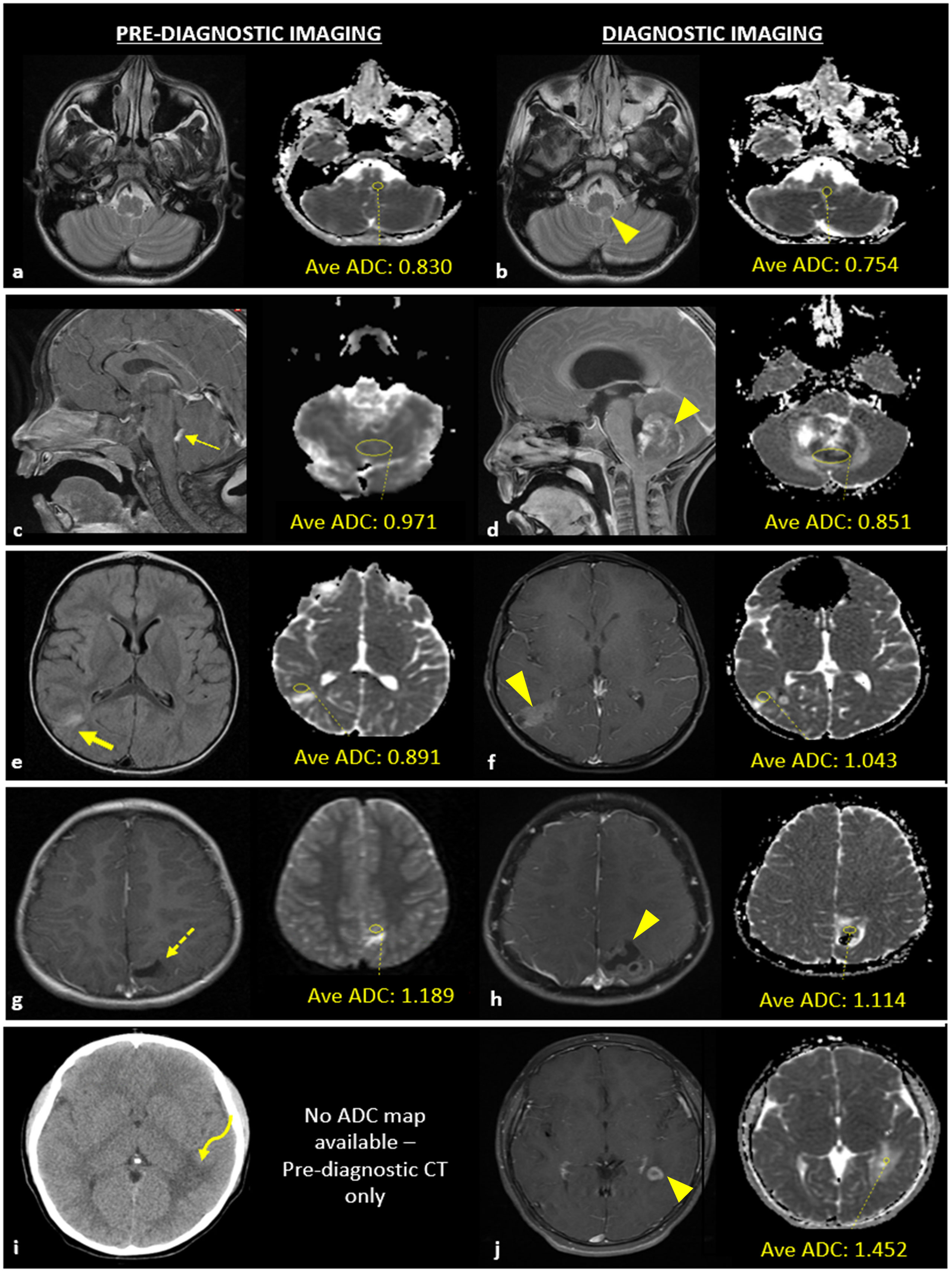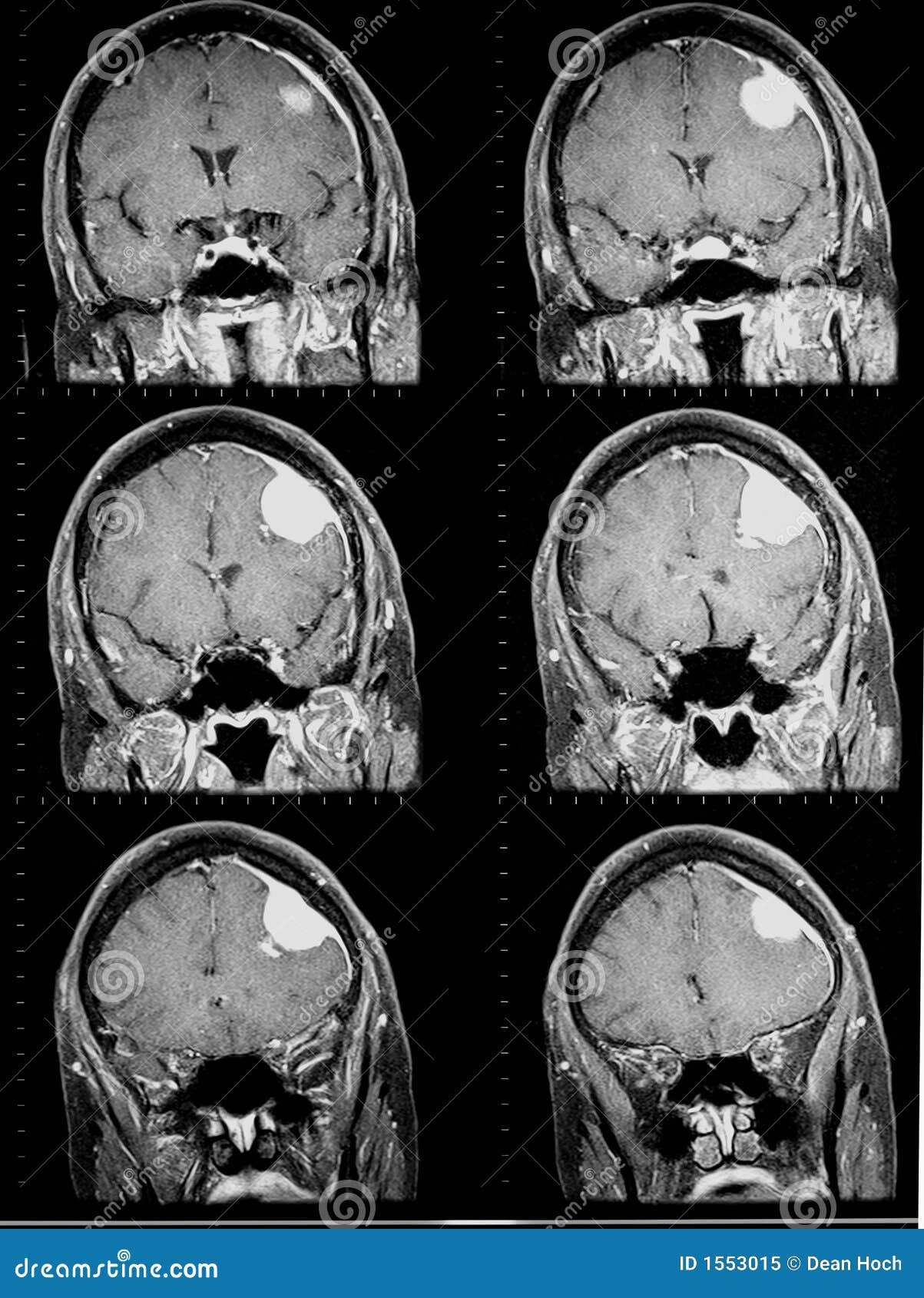Can a simple eye exam potentially uncover a life-threatening condition lurking within your brain? The answer, surprisingly, is a resounding yes, as an eye exam can serve as a crucial early warning system for brain tumors, offering the possibility of earlier diagnosis and potentially, more effective treatment.
The connection between your eyes and your brain might not be immediately obvious, but the reality is that these two organs are intimately linked. The optic nerve, responsible for transmitting visual information from the eye to the brain, is directly connected to the brain itself. This means that any changes or abnormalities affecting the brain can often manifest as visible signs within the eye. Eye care professionals are trained to recognize these telltale signs, potentially leading to the detection of conditions far beyond typical vision problems, including the presence of a brain tumor.
| Aspect | Details |
|---|---|
| Condition | Brain Tumor |
| Symptoms Detectable Through Eye Exams |
|
| How Eye Exams Help |
|
| Importance of Early Detection |
|
| Professional Involved |
|
| Authentic Website for Reference | National Eye Institute |
The ability of an eye exam to detect a brain tumor stems from the interconnectedness of the visual system and the brain. When a tumor develops in the brain, it can exert pressure on various structures, including the optic nerve and the pathways that carry visual information. This pressure can lead to a range of visual disturbances and physical changes within the eye, which an experienced eye care professional can identify during a comprehensive exam. Conditions like blurred vision, changes in peripheral vision, and double vision can be red flags, especially when accompanied by other neurological symptoms. Furthermore, the optic nerve itself can show signs of swelling, known as papilledema, which is a significant indicator of increased intracranial pressure, a common consequence of brain tumors.
The process typically begins with a routine eye exam conducted by an optometrist or ophthalmologist. During this exam, the eye care professional will evaluate various aspects of your vision, including visual acuity, visual fields, and pupil response. A careful examination of the retina, the light-sensitive tissue at the back of the eye, is also crucial. Using specialized instruments, such as an ophthalmoscope, the doctor can directly visualize the optic nerve and assess its health. Any abnormalities, such as swelling or changes in the appearance of the optic disc, may raise suspicions of an underlying neurological issue.
If an eye care professional suspects a brain tumor based on the findings of the eye exam, they will typically refer the patient to a neurologist for further evaluation. The neurologist will conduct a more in-depth neurological examination, which may include imaging tests such as an MRI or CT scan of the brain. These imaging techniques provide detailed images of the brain, allowing doctors to identify the presence, location, and size of any tumors. Additional tests, such as a visual field test, which assesses the patient's peripheral vision, can further support the diagnosis by identifying patterns of vision loss that may be associated with specific tumor locations.
The significance of this connection cannot be overstated. While eye exams are primarily designed to assess vision, they can serve as a vital early warning system for serious health conditions, including brain tumors. The ability to detect these tumors early can significantly improve the chances of successful treatment and potentially save lives. The sooner a brain tumor is diagnosed, the sooner treatment can begin, which can lead to better outcomes and an improved quality of life for the patient. Therefore, it's crucial to prioritize regular eye exams as part of a comprehensive healthcare routine.
Brain tumors, though relatively uncommon, can affect individuals of any age. The symptoms can vary widely depending on the size, location, and type of tumor. Some common symptoms associated with brain tumors include headaches, seizures, nausea, vomiting, and changes in personality or behavior. However, because the brain is involved in so many functions, the symptoms can also manifest in a myriad of other ways. Temporal lobe brain tumors, for instance, can cause memory problems or lead to hallucinations involving sight, taste, or smell.
The role of an optician in this process, while perhaps less direct, is nonetheless crucial. Opticians, with their specialized knowledge and equipment, are equipped to identify potential warning signs of brain or CNS tumors. These professionals are on the front lines of eye care, and they have a unique opportunity to identify subtle changes that might indicate an underlying problem. In some cases, a patient may present to an optician with seemingly minor visual disturbances, such as blurry vision or headaches, which, upon further investigation, can point to a more serious condition. Early detection is vital, and opticians can play a significant role in the detection of these ailments.
The early detection facilitated by eye exams often allows for a less aggressive treatment approach. For example, in some cases, surgery might be an option, allowing for the removal of the tumor. Radiation therapy and chemotherapy may also be employed to shrink or eliminate the tumor. The specific treatment plan is tailored to the individual case, considering factors such as the type of tumor, its location, and the overall health of the patient. The ultimate goal of any treatment is to improve the patient’s survival, preserve neurological function, and maintain the best possible quality of life.
The ability of eye exams to detect brain tumors highlights the importance of preventative healthcare. Regular eye exams are not only essential for maintaining good vision but can also serve as a crucial tool for identifying serious underlying health issues. By integrating these exams into a comprehensive healthcare routine, individuals can take proactive steps to protect their health and ensure that any potential problems are detected and addressed early.
The ability of eye care professionals to detect signs of brain tumors during routine eye exams represents a crucial link between eye health and overall well-being. This connection emphasizes the need for comprehensive healthcare and regular check-ups to maintain a healthy and fulfilling life.



